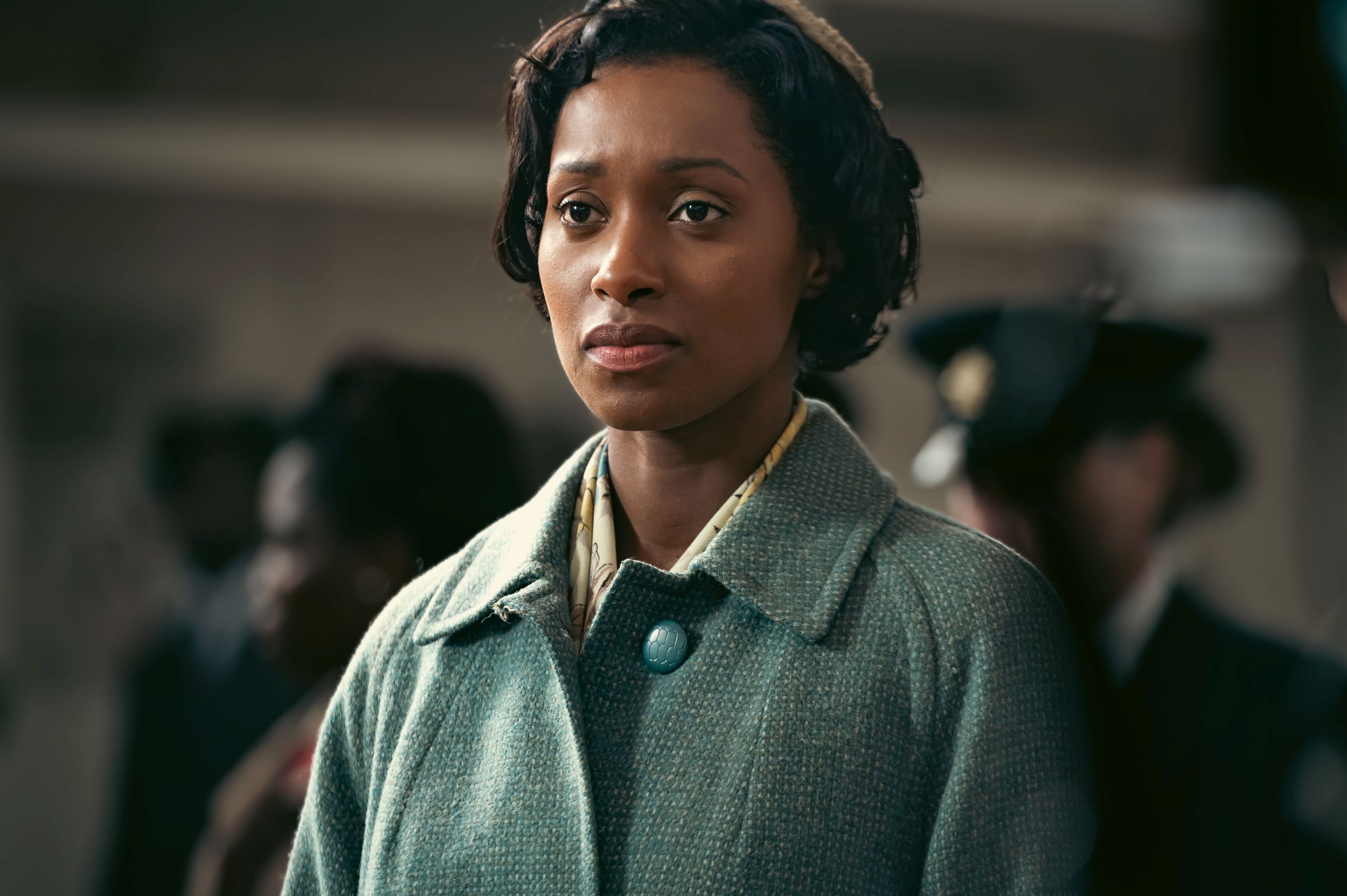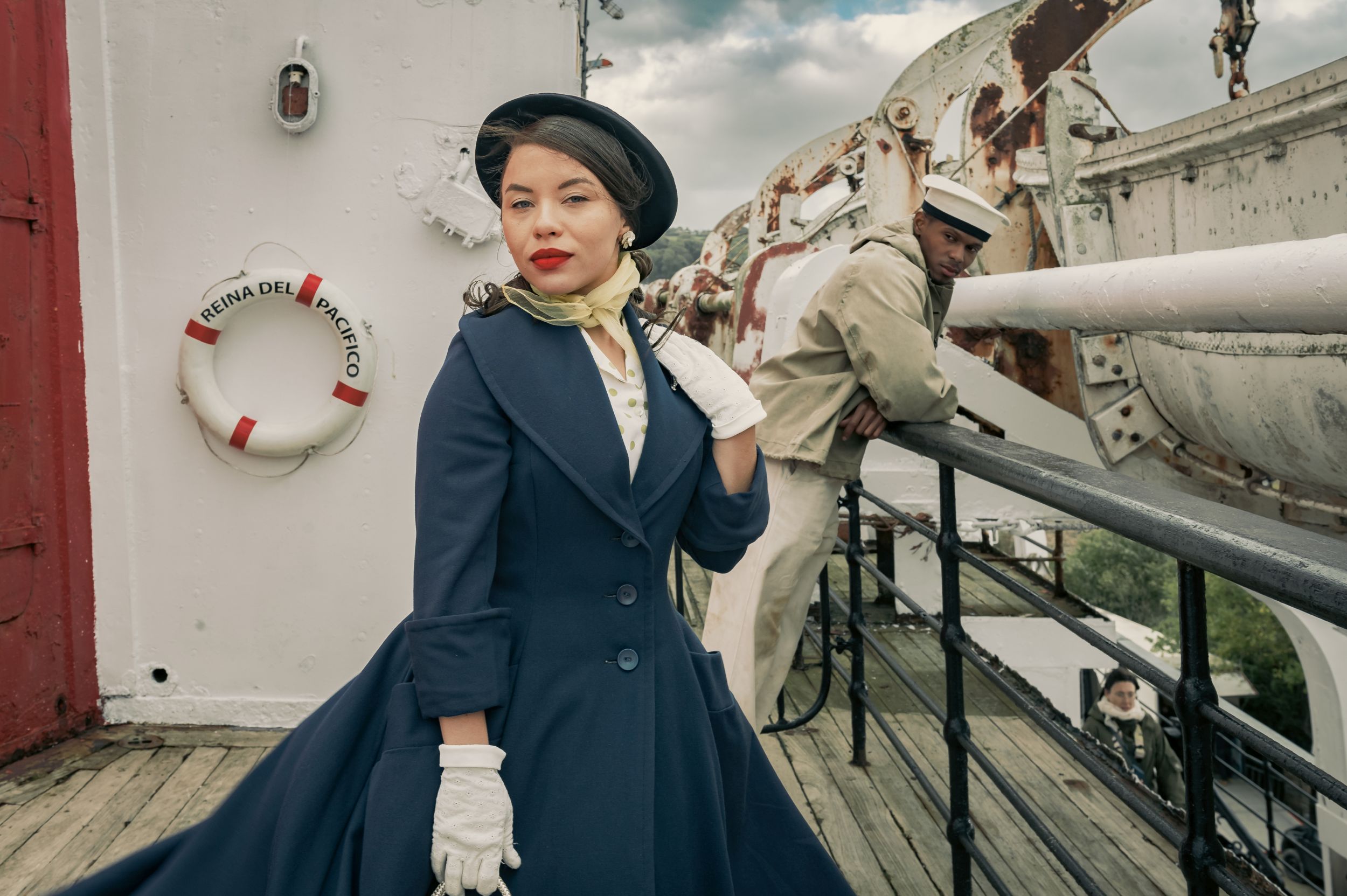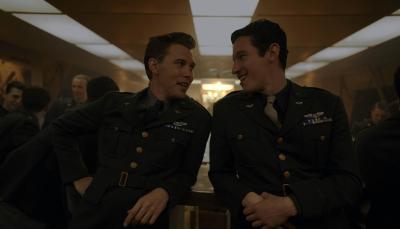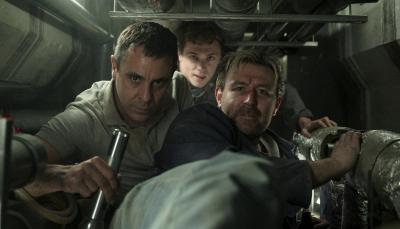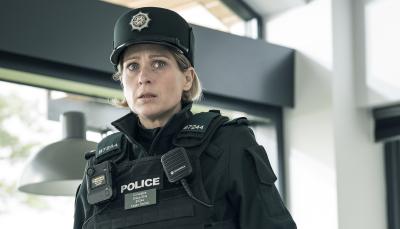Lenny Henry's 'Three Little Birds' Honors the Windrush Generation, Despite a Too Neat Conclusion
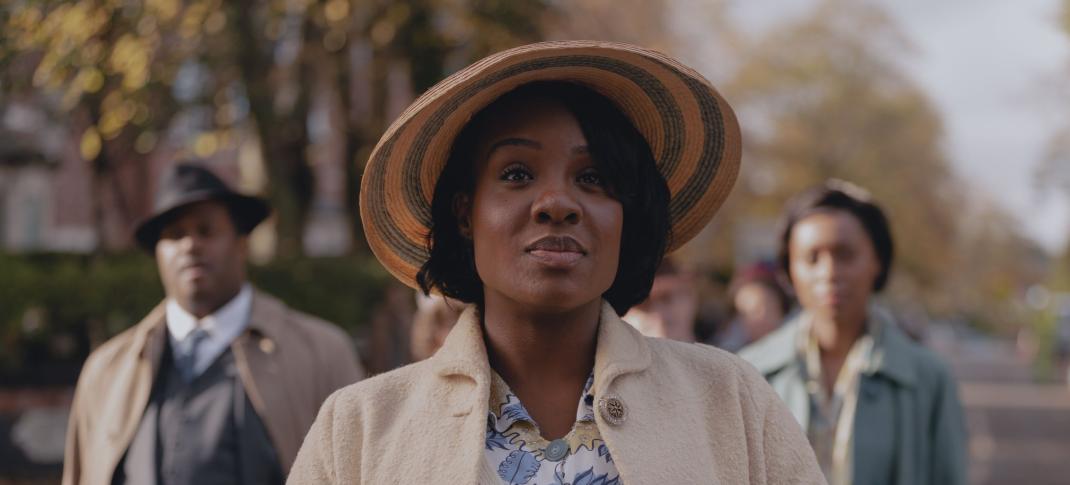
Yazmin Belo as Hosannah in Three Little Birds
BritBox
The close of the Second World War led to many sweeping changes in domestic and international policy in Britain – including a nationalized health service, the declaration of India’s independence in 1947, and the introduction of the welfare state. One change that redefined the social and occupational makeup of the country was the British Nationality Act of 1948, which guaranteed Commonwealth citizens the right to live and work in the UK.
Even though colonial subjects had been drafted in to fight for Britain during World War II, the Nationality Act was not introduced as an earned reward for their service but as an attempt to curb rising decolonization across the world and to inject Britain’s flagging industry with a new, cheap source of labor. Caribbeans who traveled to work in Britain – hailing from Jamaica, Trinidad, and Barbados, among other places – became known as the Windrush generation, named after a well-known early ship that brought West Indies passengers to British shores.
Three Little Birds centers on three women arriving from Jamaica in 1950s England, taking menial jobs in factories and wealthy homes and struggling to form a protective community in an unwelcome country. Legendary Black British comedian Sir Lenny Henry brought his mother Winifred’s real-life experiences to the fictionalized narrative, and in collaboration with Russell T. Davies, has imbued the show with a warmth and heart that honors the thankless work of the Caribbean men and women performed who toiled to raise families and gain financial autonomy.
When half-sisters Leah (Rochelle Neil) and Chantrelle (Saffron Coomber) arrive in Notting Hill with their devout friend Hosanna (Yazmin Belo), each has a distinct impression of what life in Britain will be like. Chantrelle has dreams of being an actress, and Hosanna is warily anticipating meeting Leah’s brother Aston (Javone Prince) after pre-emptively agreeing to marry him. Leah is less concerned with life ahead and more with what she’s left behind: her three children are still in Jamaica with her mother (Susan Lawson-Reynolds), and Leah is escaping the violence of her abusive husband, Ephraim (Leemore Marrett, Jr).
While all three women experience severe distress throughout the six episodes – including Chantrelle’s housekeeping job making her vulnerable to the unwanted sexual advances of her employer (Arthur Darvill) – there’s something uniquely thorny and upsetting about Leah facing the reality of leaving her home for a vaguely defined promise of a good future. It should come as no surprise that 50s Britain was not an inviting place for West Indies citizens – even in its constructed, melodrama form, the constant barrage of verbal and physical bigotry faced by all our characters makes Three Little Birds a consistently unpleasant watch. Yet very little of it feels unfamiliar – it’s still the same prejudices, power inequalities, and lack of punishment that encourage British racism today because none of the political systems that enforce and reward this racial abuse have been challenged.
While the resilience of our ensemble is admirable, and it’s satisfying to see the outspoken and confident women push back against their treatment, the moments where the enormity of Chantrelle and Aston’s suffering becomes too much to bear feel especially affecting. It is entirely unreasonable to expect a community to grin and bear racist vitriol, especially when their lack of social agency is enforced by employers. (A shot of Chantrelle’s passport slipping into the pocket of her employer is particularly sickening.)
Three Little Birds clips along at a decent pace, regrouping its disparate characters for the last two episodes to directly and pointedly voice its themes about belonging, forgiveness, and trauma. The emotion is real, the drama feels authentic, and the actors bring the scripts (penned by Henry, Avril E. Russell, and Carol Russell) to life with dialect-rich enthusiasm by the actors. Still, the series only sometimes rises above the high but conventional standard set by British period drama, lacking the creative sophistication displayed in Small Axe, Steve McQueen’s historical anthology on Black Britain from 2020.
But while there’s a natural display of deeply felt emotion from the characters, the choice to pivot Three Little Birds towards an archetypal, optimistic ending – especially in the last hour – risks simplifying not just the political machinations that defined the Windrush generation but the emotional experience of belonging to it. It’s unhelpful and untrue to say that a historical story of British Caribbean life can’t be hopeful, heartfelt, or optimistic about their future – primarily when the creator draws so heavily from personal experience – but in a show where nearly every character is defined by secrets, suppressed pain and difficult memories, leaving the audience with the impression of a resolution feels at best bittersweet and at worst naive. If we watch the brutality of 50s racism and ask “what’s changed?”, we should also ask the same about the hopeful tone adopted between episodes.
The Windrush narrative has already been suppressed and sanitized in upsetting ways throughout history. It was recently discovered that many of the deportations of Commonwealth citizens after they arrived in Britain were wrongful and resulted from improper record-keeping. British authorities did not invite Commonwealth subjects on fair terms – this was an opportunity to exploit labor. The notion that Three Little Birds has discovered a happy resolution to this history feels sadly insubstantial.
The first three episodes of Three Little Birds stream on BritBox on Thursday, February 1, with the rest of the series arriving the following Thursday, February 8, 2024.

